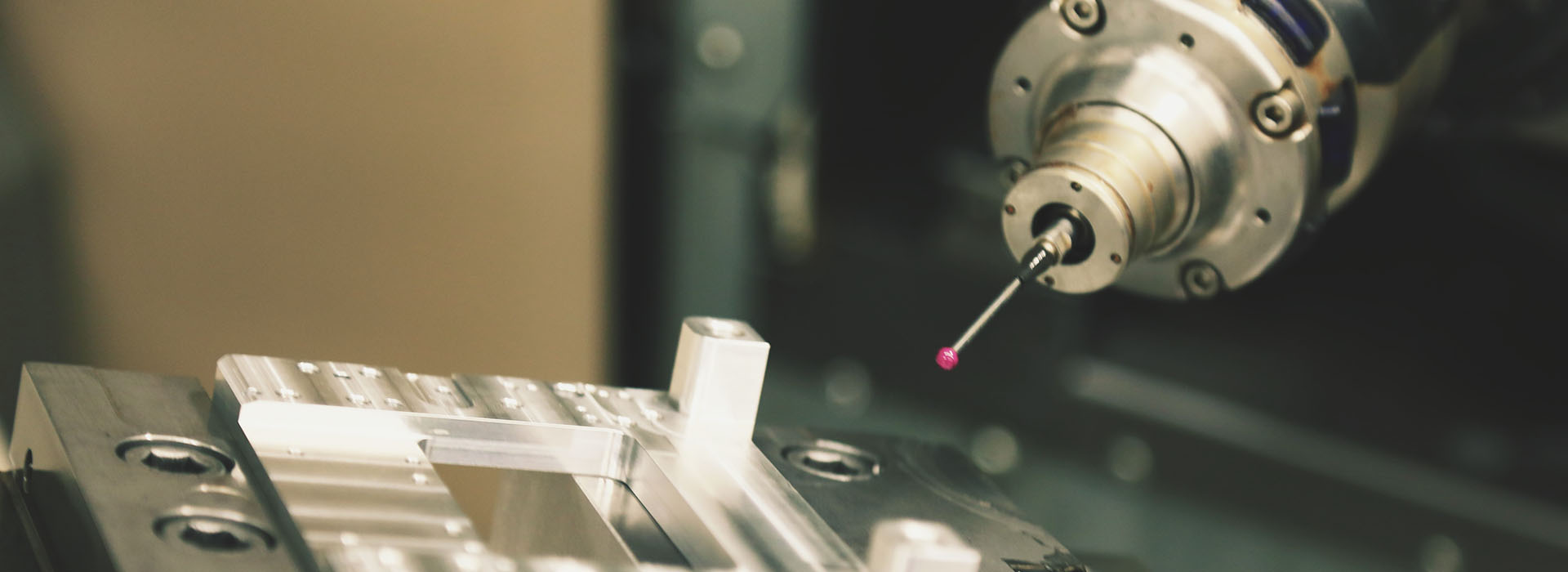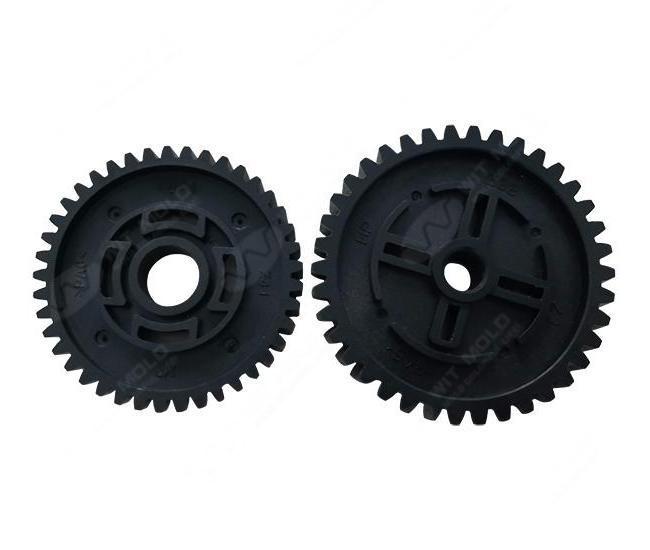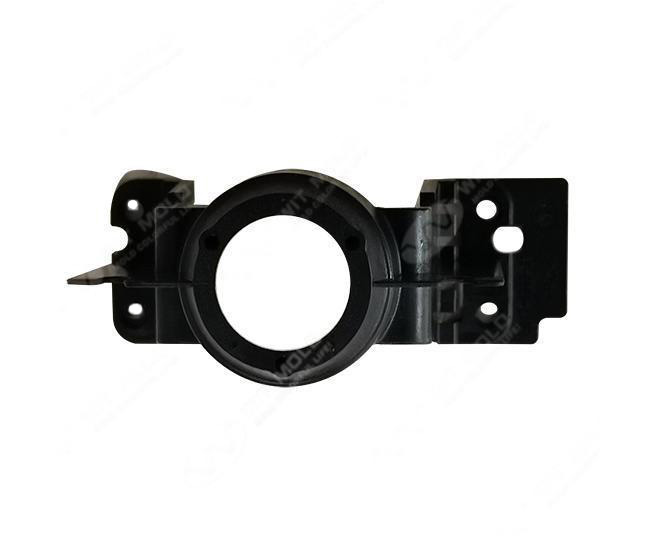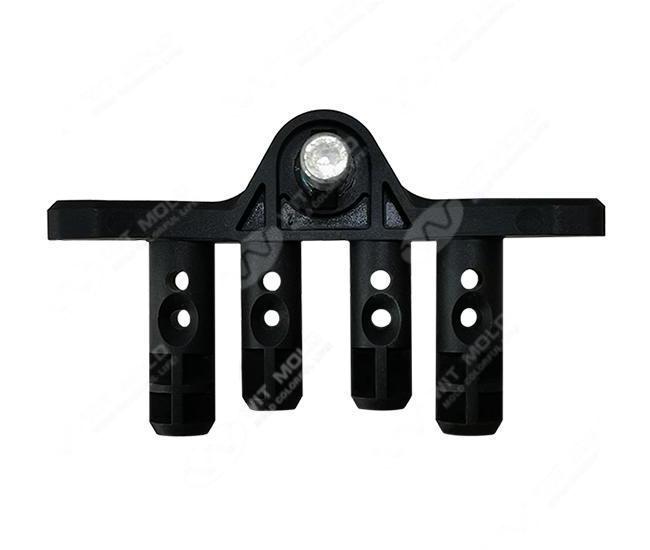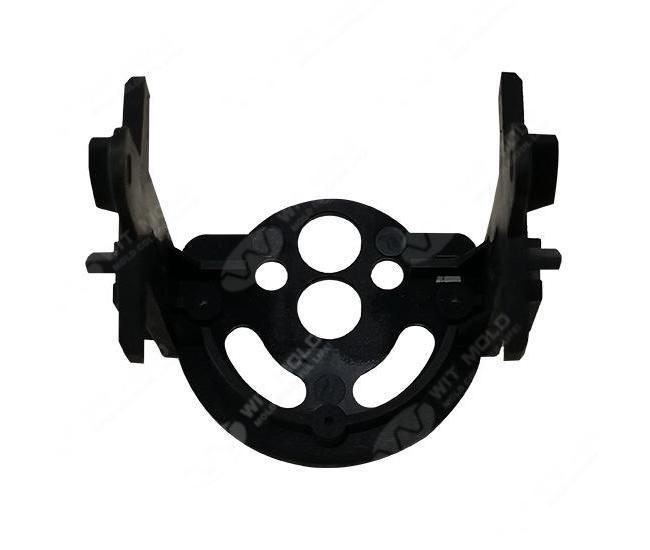What is precision injection molding?
Precision injection molding is a method demanding unparalleled accuracy in shaping plastic components. Unlike mass production, it’s reserved for cases where precise forms are crucial. These precise plastic parts are commonly used in replacing high-precision metal parts in fields like instruments, electronics, optics, and medical equipment. Due to these stringent requirements, precision injection molding relies on precise molds and machinery, making it a complex process.
The size tolerance of precision injection molds is controlled to less than 1/3 of the product size tolerance. The mold’s precision depends on factors such as the accuracy of cavity size and quantity, cavity positioning, accuracy of parting surfaces, material selection, size tolerance, and more. Factors like the thickness of the base plate, support plate, cavity walls, and runner size are crucial for precision molds. The design engineering is equally vital, with molds typically made from high-strength alloy steel.
Precision Injection Molding Process:
Every component developed in precision molding projects must be identified, as their connection is uniform. This ensures a slow, stable, and concentrated precision molding process. The uniqueness of the process for each project emphasizes the importance of mold, part design, material selection, and procedures for successful precision molding.
Precision injection molding machines must control product accuracy and repeatability. The machine should feature a rigid clamping system, part size tolerance control, molding speed, and various components like the screw, screw head, barrel, and collar, all controlled within 0.05 to 0.08mm.
Precision injection molding is a game-changer for industries requiring high-tech, detailed, and complex parts in large quantities. WIT MOLD’s expertise in design and manufacturing ensures a seamless experience in large-scale production. Embrace the precision for a future of cost-effective, efficient, and customized manufacturing.
Why Choose Precision Injection Molding?
When high-tech parts are needed for a project requiring large-scale production, precision injection molding is a wise choice due to its cost-effectiveness, complexity handling, strength, efficiency, and design freedom. WIT MOLD stands out in providing seamless and effortless experiences in large-scale manufacturing.
Advantages of Precision Injection Molding:
High cost-effectiveness due to automation and repeatability, reducing labor costs and increasing productivity.
Capability to mass-produce high-level details.
Strength: Plastic can be made robust by adding fillers or mixtures, even at a lower cost.
Efficiency: Faster than traditional methods, producing more parts with a single mold.
Design freedom: Customized precision molds allow better control and customization.
Our company specializes in manufacturing precision mold parts and offers high precision injection molding services. We produce a wide range of precision plastic parts and precision mould components, ensuring high-quality and reliable performance. Additionally, we provide various plastic mold components tailored to meet the specific needs of our clients. Whether you require custom designs or standard parts, we deliver exceptional precision and durability in every product.

